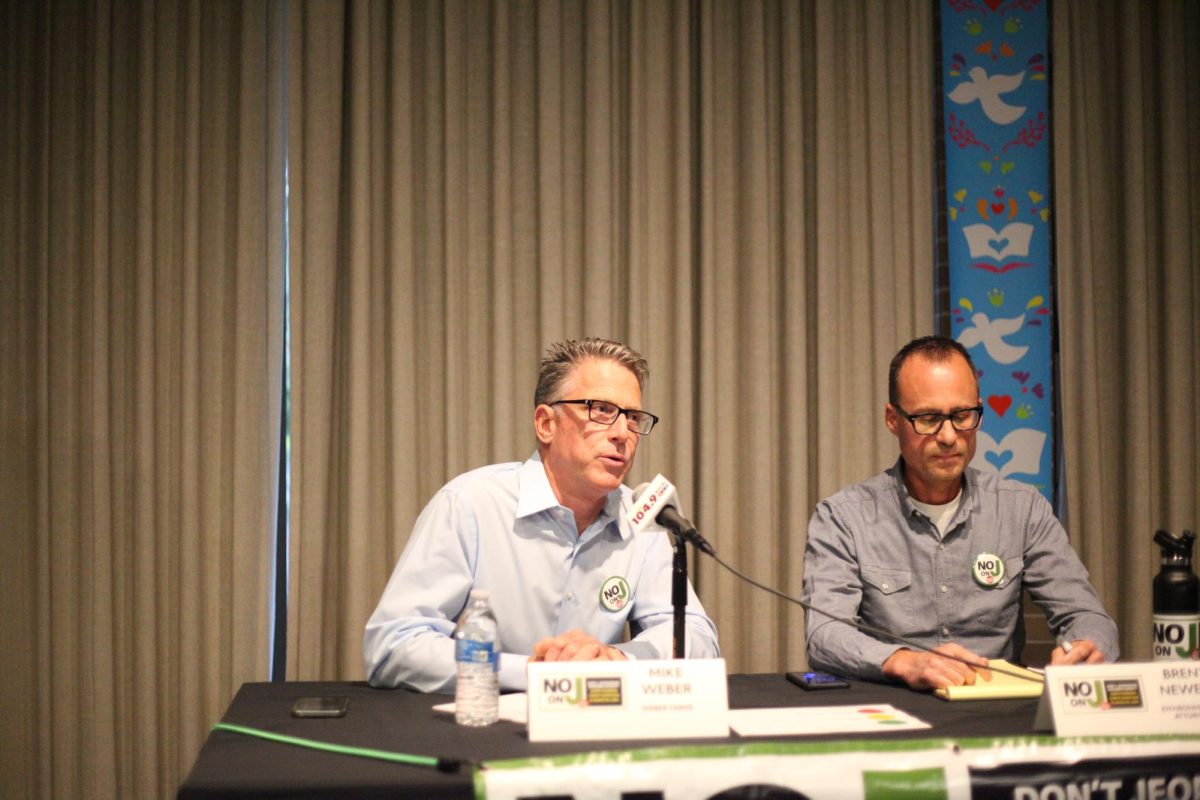facebook.com
In her first full-length recorded album released in four years titled “Here,” Keys pushes the boundaries of composition, conveying her passion for social and political activism with a resilient voice and adventurous musicality.
The album represents Keys as well as a community, from the top to the bottom. Keys presses down on sensitive topics, including drug addiction, self-esteem, the environment and the divisions of discrimination. Keys refuses to forget where she came from. She reveals that there is strength and pride in her heritage. Fans remember previous albums that introduced the world to a relatable girl from New York City who pours her soul into her music and the keyboard. Piano is brightly featured on this album as well, as could be expected. In the song “The Gospel” solo piano carries the listener in with a beautiful harmonic sound that is joined with a marching style beat, choral mantras and rap vocals from the woman herself. For a moment, the listener can actually picture themselves in the shoes of an NYC family, struggling just to get by.
“I’m telling you like it is/ How we ever gone live/ if we ain’t getting money/ how we feedin’ the kids?” Keys raps in the most authentic mode.
Other songs, such as “Pawn it all” continue this raw depiction of urban experience. This song, similar to Beyoncé’s 2016 release “Lemonade,” draws from the influence of the roots of slave hymn, gospel and Motown jazz. Keys takes the listener to church in this one, chanting at the end “get on up.”
Other pieces of the album feature acoustic guitar in place of keys. Songs like “Kill Your Mama,” which is a message about the environment. “Mama” is analogized from poetry about Black mothers in the interlude that precedes to Mother Earth.
“Shame on us, on your sons and your daughters/ dig all your gold and we poisoned all your waters … Trying to play God / People F***ing with genetics / all that you have given and we only disrespect it … how you gonna kill your mama / when only mama is gonna love you to the grave,” Keys sings unapologetically.
Many have followed Key’s current “no makeup movement” in the media. After she chose to make a statement by no longer wearing makeup in big photo shoots, to award shows like the VMAs and to perform at the Democratic National Convention. The message has slowly begun to sink in. She describes the movement on the Today Show as a “metaphor for finding yourself.”
In “Here,” she expresses her position on the issue in the song “Girl Can’t Be Herself.” To a reggae style rhythm and melody, Keys sings “Who says I must conceal what I am made of / Maybe all this Maybelline is covering my self-esteem.”
Keys is an amazing storyteller. Instead of singing about someone, she sings from that person’s own perspective. With her voice, the listener could be left convinced that what Keys is illustrating, is real to her. In the song “Illusion of Bliss” she tells a story from the point of view of a 29-year-old drug addict. The lyrics describe this state as a “bottomless kiss” an “illusion of bliss.” This song is one of the most powerful. Keys puts into the music that addiction as an illness, as someone who needs help and is tired of being judged. The singer belts to the top of her range and back, as if she is really dying to be heard.
She ties together the album with “Holy War,” a declaration of love over war. It’s an expression of faith in humanity as well as an urgent plea for change. She conveys that society is divided by “sexuality and skin” and through the music uplifts and encourages, as well as illuminates the issues.
All in all, Keys has not changed her sound so much as she has changed what she is saying through her music.


































